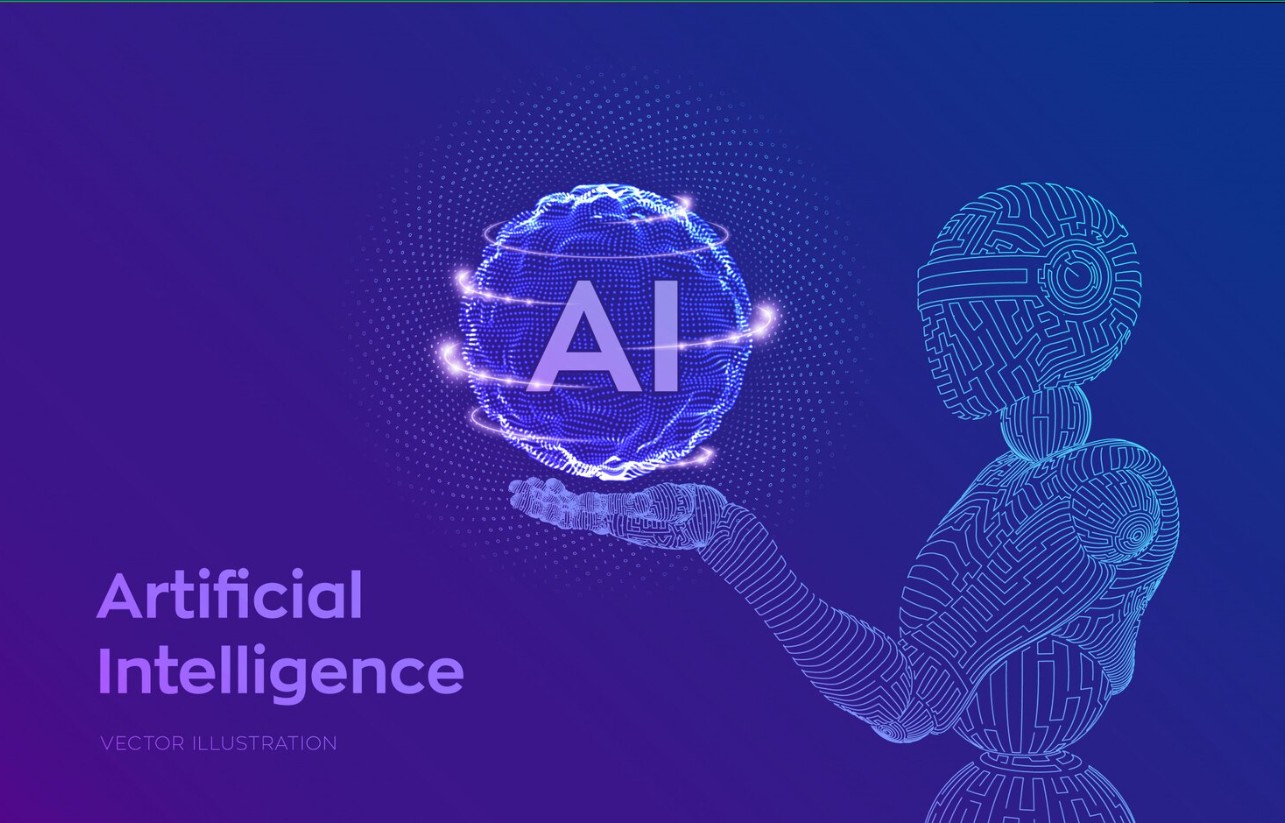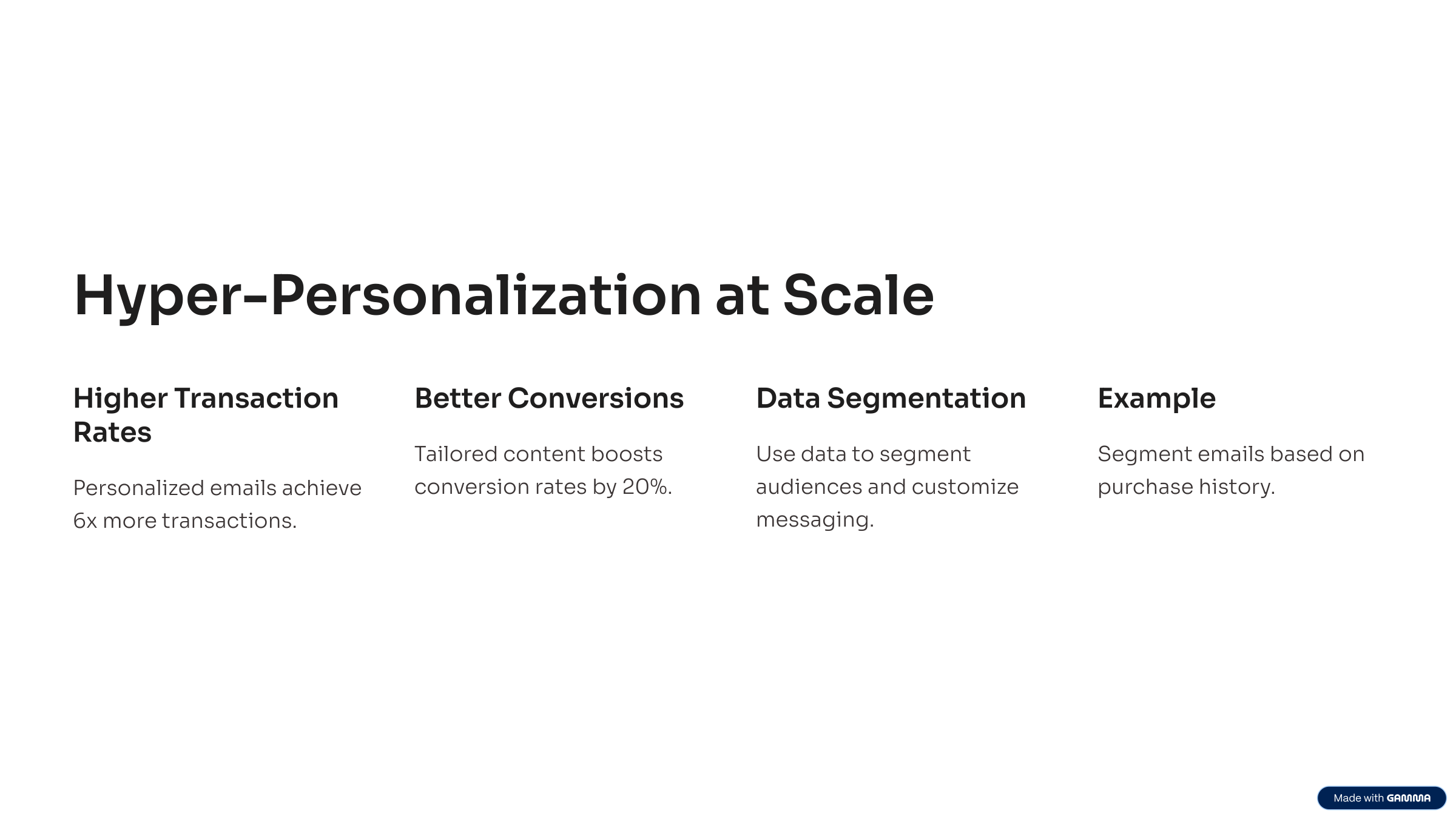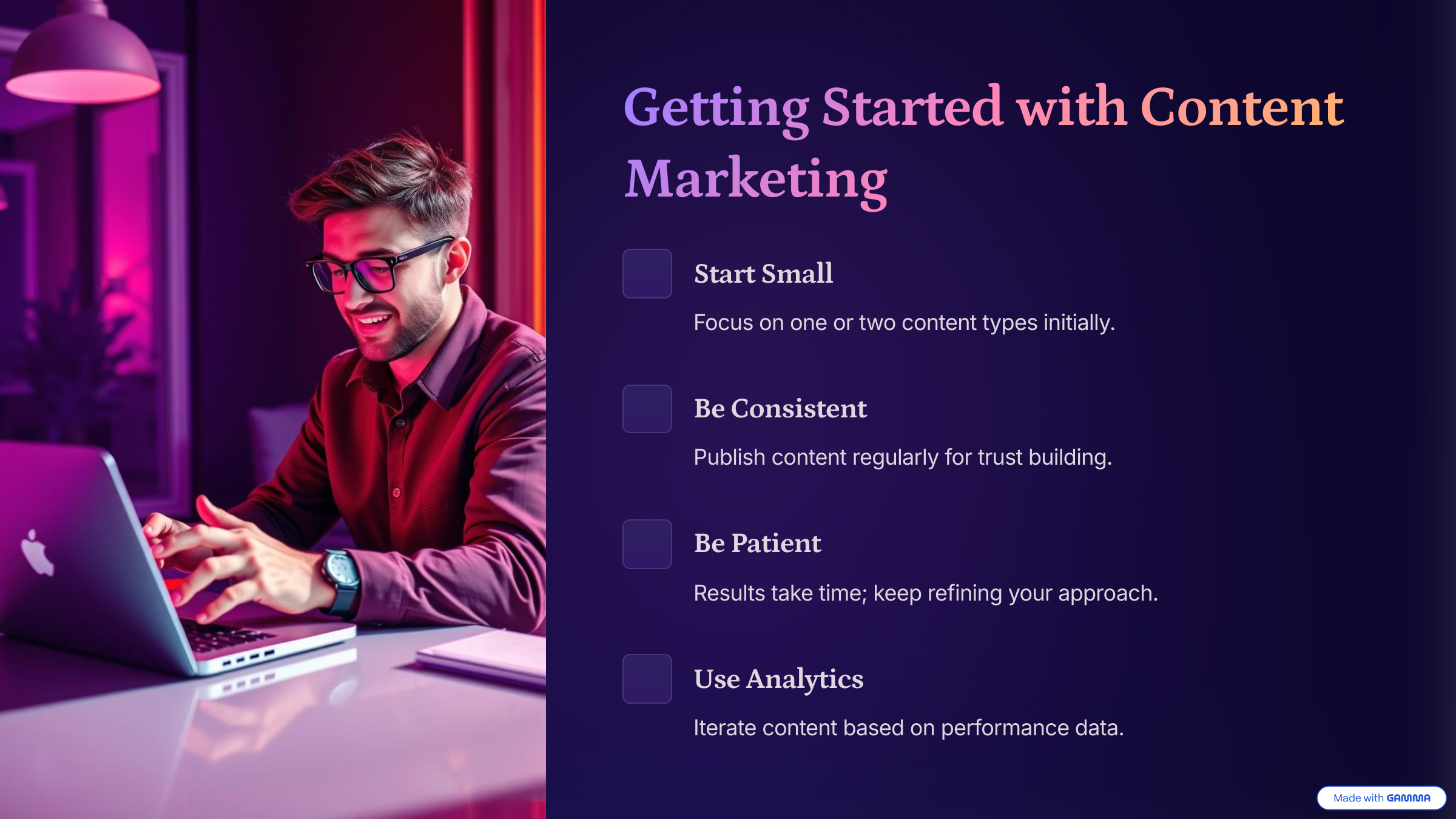Ethical Dilemmas in AI: How Do We Ensure Responsible Development?

Strong 8k brings an ultra-HD IPTV experience to your living room and your pocket.
Artificial Intelligence (AI) is one of the most transformative technologies of our time. From self-driving cars and voice assistants to predictive algorithms in healthcare and finance, AI is increasingly becoming an integral part of our daily lives. However, with its growing presence and power, AI presents a range of ethical dilemmas that society must address to ensure its responsible development. In this article, we will examine some of the major ethical concerns surrounding AI and explore how we can ensure that AI technologies are developed and used responsibly, aligning with human values and the common good.
1. Bias and Discrimination in AI
One of the most pressing ethical issues in AI is bias. Machine learning algorithms, which form the backbone of many AI systems, are trained on data. If the data is biased—whether due to historical inequalities or unrepresentative sampling—the AI system will learn and perpetuate these biases. This can lead to discriminatory outcomes, especially in areas like hiring, law enforcement, lending, and healthcare.
For example, an AI system used in recruitment might inadvertently favor male candidates over female candidates if it is trained on past hiring data where men were disproportionately hired. Similarly, predictive policing algorithms have been found to disproportionately target minority communities, reinforcing systemic biases in law enforcement.
To combat these issues, AI developers must ensure that the training data used to build models is diverse, representative, and free from bias. Regular audits and transparency in the algorithm's decision-making process are essential for identifying and addressing biases. Additionally, it is crucial to involve ethicists, sociologists, and individuals from diverse backgrounds in the AI development process to ensure that the systems created align with ethical standards and do not inadvertently harm marginalized groups.
2. Privacy and Surveillance
AI technologies often require vast amounts of personal data to function effectively. This raises concerns about privacy, especially when the data being collected is sensitive. Technologies like facial recognition, location tracking, and social media analytics can be used to monitor individuals’ behavior without their consent, leading to privacy violations and, in some cases, surveillance states.
For example, facial recognition technology is increasingly used in public spaces by governments and private companies to track people’s movements and identify them in real-time. While this may have benefits in terms of security, it also has the potential to violate personal privacy, particularly when used without proper regulation or consent.
Ensuring responsible AI development in the context of privacy means establishing clear and robust data protection laws. The General Data Protection Regulation (GDPR) in the European Union is a strong example of how regulation can give individuals more control over their data. Consent, transparency, and accountability are key principles in privacy protection. AI companies and developers must implement privacy-by-design approaches and give users control over how their data is collected, stored, and used.
3. Autonomous Systems and Accountability
As AI systems become more capable, there is a growing concern about the use of autonomous systems, especially in life-or-death situations. Autonomous vehicles, for example, are designed to drive without human intervention. While these vehicles hold the promise of reducing traffic accidents caused by human error, they also raise difficult ethical questions. If an autonomous vehicle is involved in a crash that results in a death, who is held accountable—the car manufacturer, the software developer, or the user of the vehicle?
Similar concerns arise with autonomous weapons. AI systems designed for military purposes could be used to target and eliminate enemies without human oversight. These systems could act with speed and efficiency, but they could also make errors or cause unintended harm. In such cases, determining accountability and ensuring human oversight become crucial.
The ethical dilemma here is how we balance the benefits of autonomous systems with the potential risks they pose. How can we ensure that decisions made by AI are aligned with human values? One potential solution is to ensure that autonomous systems operate under the principle of "meaningful human control." In other words, humans must remain ultimately responsible for the decisions made by AI, especially when those decisions involve critical or life-threatening situations.
4. Job Displacement and Economic Impact
AI has the potential to significantly impact the global workforce. As machines become increasingly capable of performing tasks traditionally carried out by humans—such as data entry, customer service, and even complex decision-making—there is a growing concern about widespread job displacement. While automation and AI can increase efficiency and productivity, they also raise questions about how workers will be impacted.
For instance, AI-powered chatbots and automated customer service systems are already replacing human workers in many businesses. Similarly, self-checkout systems in retail stores are reducing the need for cashiers. This shift could lead to unemployment for millions of workers who are unable to transition to new roles.
The ethical challenge is how to manage the disruption caused by AI and ensure that its benefits are widely distributed. Governments and businesses need to invest in education, retraining, and reskilling programs to help workers transition to new jobs in AI and technology-related fields. Additionally, policymakers could explore ideas like Universal Basic Income (UBI) as a safety net for workers displaced by automation, ensuring that all people have a basic level of financial security regardless of their employment status.
5. Transparency and Explainability in AI
AI systems, particularly deep learning models, can often operate as “black boxes,” making decisions that are difficult for humans to understand. This lack of transparency can be problematic, especially when AI is used in high-stakes scenarios such as hiring, healthcare, or criminal justice.
For example, if an AI system denies a loan application, it may be based on complex algorithms that take multiple factors into account. However, if the applicant doesn’t understand why their loan was rejected, they are unable to challenge or appeal the decision. This lack of explainability can undermine trust in AI systems and lead to unfair or unethical outcomes.
The ethical dilemma here is how to make AI systems more transparent and explainable, while also preserving their effectiveness. One possible solution is the development of explainable AI (XAI), a field of AI research that focuses on creating models that can provide clear, understandable explanations for their decisions. By making AI systems more interpretable, we can ensure that individuals understand how decisions are made and hold AI accountable for their actions.
6. AI and Human Autonomy
AI’s growing influence in decision-making raises concerns about the erosion of human autonomy. As AI systems become more sophisticated, there is a risk that they could override human choices or influence people’s behavior in subtle and manipulative ways. For example, recommendation algorithms on platforms like YouTube or Netflix can shape people’s preferences by suggesting videos or shows based on their viewing history. These recommendations may lead individuals down “filter bubbles,” limiting their exposure to diverse perspectives and reinforcing existing beliefs.
The ethical challenge here is how to ensure that AI serves as a tool for enhancing human autonomy, rather than undermining it. AI developers should prioritize transparency in algorithms and give users more control over how AI systems interact with them. Additionally, AI systems should be designed to promote well-being, diversity, and informed decision-making, rather than manipulative behavior.
7. Ensuring Global Cooperation and Governance
AI is a global technology, and its development and regulation will require international collaboration. Different countries have different approaches to AI governance, and there is a risk that regulatory disparities could lead to uneven standards, creating opportunities for exploitation and abuse.
To address these concerns, global cooperation is essential in establishing common ethical standards, regulations, and frameworks for AI development. Organizations such as the United Nations, the European Union, and the OECD are already working on creating global guidelines for AI governance, focusing on transparency, fairness, accountability, and human rights. By developing international norms for AI, we can ensure that AI is developed in a way that benefits all of humanity.
Conclusion: A Responsible Path Forward
The ethical dilemmas surrounding AI are complex, and there is no one-size-fits-all solution. However, to ensure that AI is developed responsibly, we must prioritize fairness, transparency, and accountability at every stage of its development. By addressing issues like bias, privacy, job displacement, and transparency, and by fostering international cooperation, we can build a future where AI benefits humanity without causing harm.
Ultimately, responsible AI development requires collaboration across governments, businesses, and society. Ethical considerations must be embedded into AI development from the outset, ensuring that the technology aligns with human values and works for the common good. With thoughtful regulation and ethical foresight, we can ensure that AI becomes a force for positive change rather than a source of harm.
Note: IndiBlogHub features both user-submitted and editorial content. We do not verify third-party contributions. Read our Disclaimer and Privacy Policyfor details.







